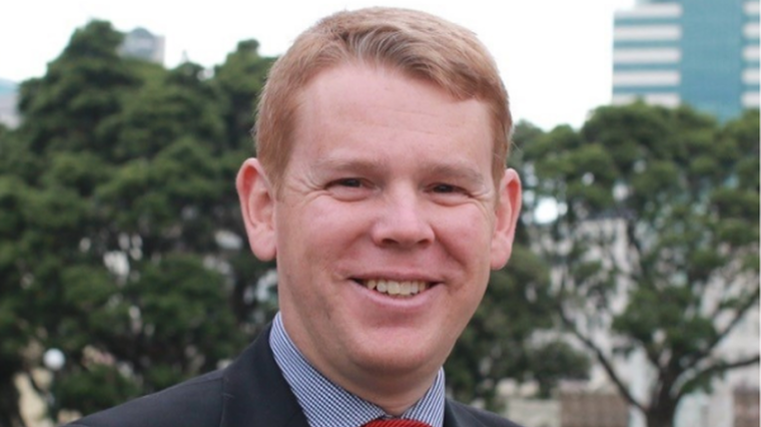PM cuts back on policies

Prime Minister Chris Hipkins has announced various programmes are being cancelled or delayed by the government – and among those being scrapped is the biofuels mandate.
“The government is refocusing its priorities to put the cost of living front and centre of our new direction,” he says.
“The decisions are a start and show the new direction of our government. Increased support for business and those on low incomes, and a reprioritisation of our work programme to shift it to bread-and-butter issues, is what New Zealanders want us focused on.”
In addition to the biofuels mandate being canned, the minimum wage is to increase by the rate of inflation from April and the government will “soon consider changes” to the 3 Waters programme.
“Cabinet agreed that the biofuels mandate will not proceed,” adds Hipkins, pictured. “The mandate would have increased the price of fuel and, given the pressure on households, that’s not something I’m prepared to do.
“The social insurance scheme is off the table and will not proceed as proposed. We will need to see a significant improvement in economic conditions before anything is advanced.
“Work will continue to explore ways to best address inequities in the long term when the economy is better placed to make change. But it is off the table for now.
“Cabinet considered 3 Waters. The need for reform is unquestionable. Events in Auckland have once again demonstrated the limits of our existing infrastructure and the need for change, but careful consideration is required.
“Cabinet has agreed to lift the minimum wage by $1.50 to $22.70 per hour from April 1. The starting-out and training minimum wage rates will be maintained at 80 per cent of the adult minimum wage. In tough times, it’s critical to support those who struggle the most to make ends meet.
“Those on low incomes make impossible trade-offs between food and medical care, dry homes and a pair of shoes. These families need our support now more than ever and an inflation-adjusted lift in the minimum wage will means thousands of New Zealanders do not go backwards.
“We’ve tried to find the right balance. Analysis from MBIE that fed into our decision suggests this increase is unlikely to have a significant impact on unemployment because it’s broadly in-line with existing average-wage growth across the economy.
“The impact on inflation is negligible. In its 2022 review, MBIE estimates that an increase of seven per cent in the minimum wage will have only a minor inflationary impact of 0.1 per cent on the wages portion of GDP.”
Other policy changes include work on the TVNZ-RNZ public-media entity stopping. with Radio NZ and NZ On Air receiving extra funding. And the Human Rights (Incitement on Ground of Religious Belief) Amendment Bill is to be withdrawn and not progressed this term. The matter to be referred to the Law Commission for guidance.





